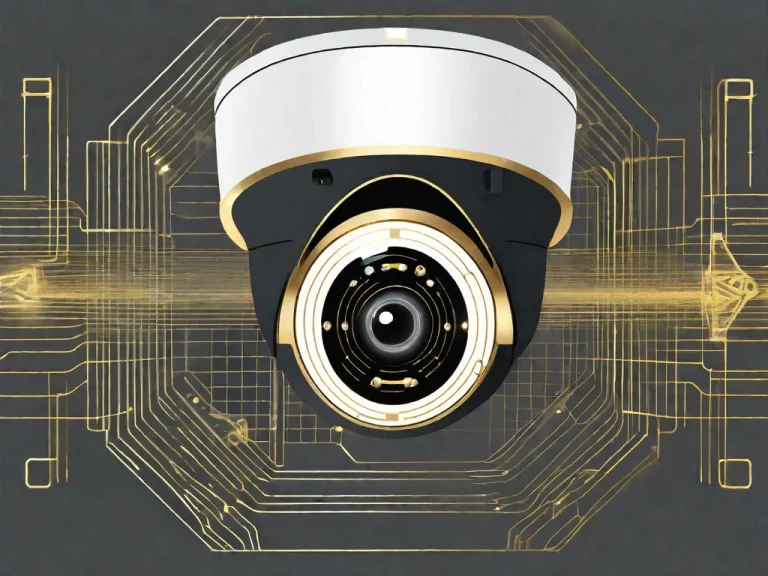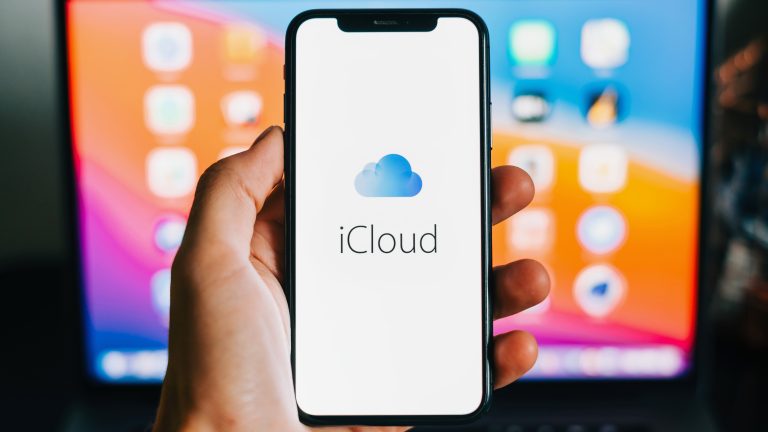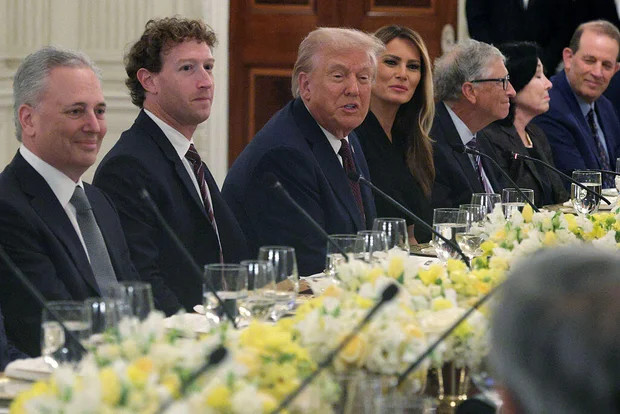
Forget red carpets and Hollywood cameos — the real A-list at President Trump’s state banquet in the U.K. this week was straight out of Silicon Valley. On the seating chart? Nvidia’s Jensen Huang, Apple’s Tim Cook, Microsoft’s Satya Nadella, Salesforce’s Marc Benioff, Alphabet/Google’s Ruth Porat, OpenAI’s Sam Altman, and even VC-turned-White House AI czar David Sacks. Yes, it was less glitz, more gigabytes.
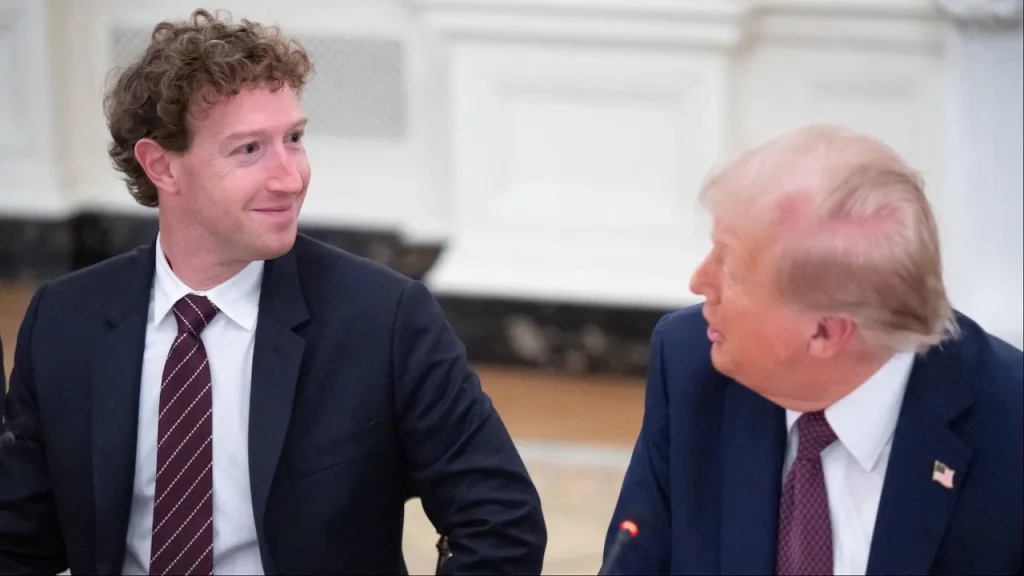
The timing wasn’t random. Just a day later, the U.S. and U.K. inked the Tech Prosperity Deal — a shiny new partnership to supercharge collaboration on nuclear, AI, and quantum technologies. And the money’s already flowing: Google, Microsoft, Nvidia, and OpenAI announced fresh data center projects in the U.K., while CoreWeave and Salesforce pledged multibillion-pound investments. Total U.S. tech commitment? A jaw-dropping £31 billion ($42B) aimed at strengthening Britain’s AI infrastructure.
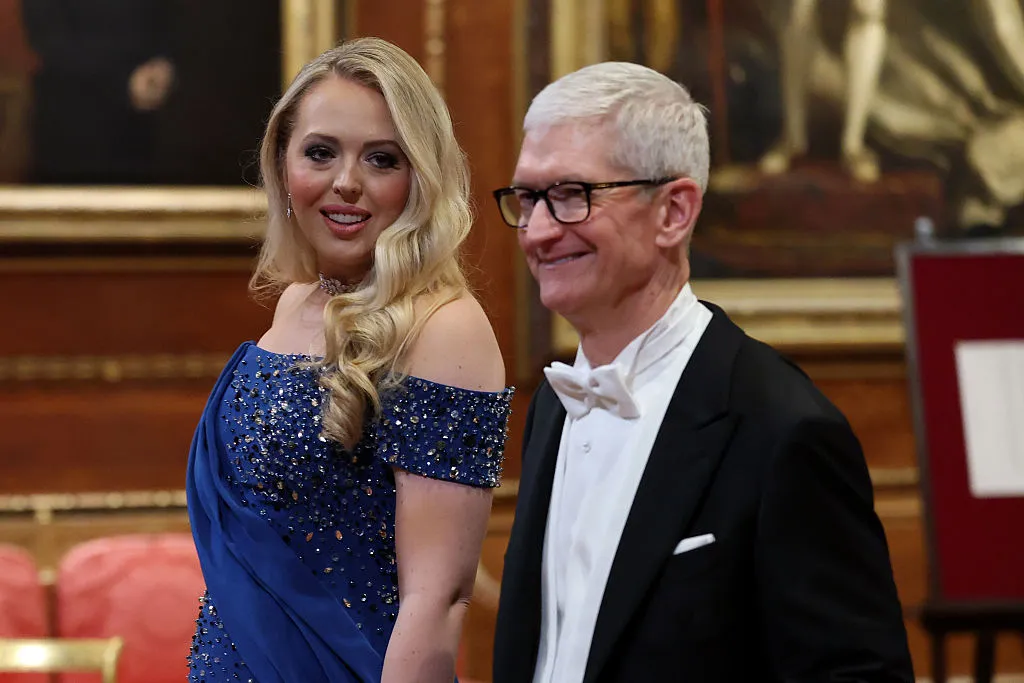
What’s clear: the U.S.-U.K. relationship is pivoting hard toward tech as the new diplomacy currency. Gone are the days when state banquets were dominated by actors and royals. Now, the table talk is about GPUs, cloud capacity, and AI governance.
Trump’s second administration has been laser-focused on tech — from signing an “anti-woke AI” order to putting scrutiny on Apple’s supply chain, and even pushing investigations into DEI programs tied to federal funds. Meanwhile, Big Tech is cozying up to governments on AI assistants for public services and digital health ecosystems.
Also worth noting: Trump has made a habit of these tech-heavy dinners. Zuckerberg, Bezos, Cook, and Altman all popped up at earlier gatherings this year. Elon Musk? Once dubbed Trump’s “First Buddy,” he’s been noticeably missing from the guest lists.
Bottom line: whether you call it diplomacy, deal-making, or just networking over dessert — AI leaders are now firmly at the political table. And this might just be the new normal.


